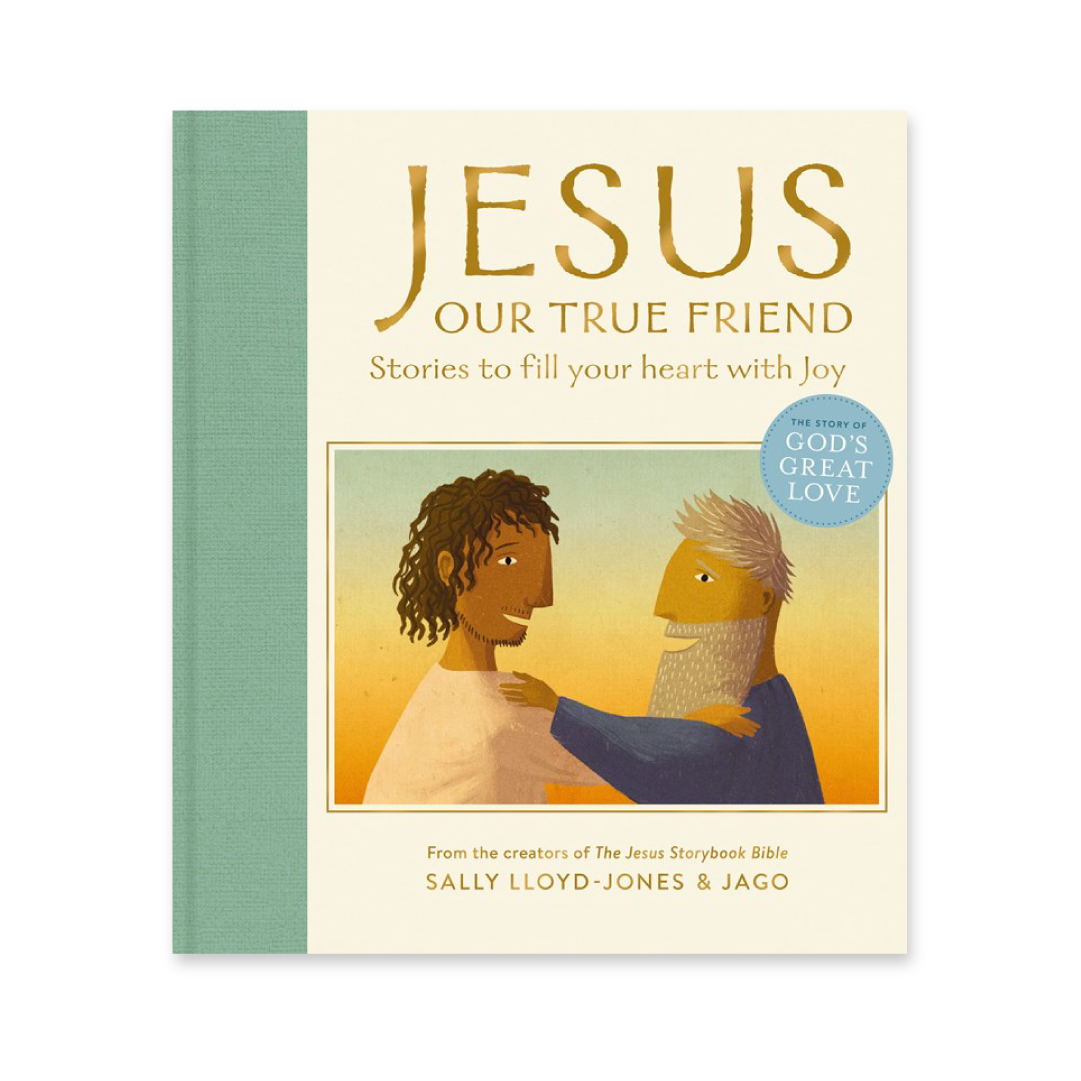The Gift That Keeps Giving
The flow chart of forgiveness in Scripture is simple. God says to us, “I have given you way more forgiveness than you have any right to expect. Do the same to one another.”
Why do we try to complicate it? Why do we add conditions (“if you do this, then I will forgive you”)? God didn’t appoint us gatekeepers of forgiveness. He doesn’t let us decide who’s worthy of it. And He certainly doesn’t authorize us to weaponize forgiveness, to withhold it out of spite or revenge.
Of course, that doesn’t stop us from trying.
Once, I tried to withhold forgiveness from my abusive stepfather. Years after he and my mother divorced, I was preaching in Honolulu, near where he lived. Someone told me he was very sick and asked if I’d like to talk to him. I said, “No, thank you.” The memory of his physical abuse of my mother was still too fresh.
The Holy Spirit had other ideas. “Talk to him,” He said. So I did. I don’t know what impact our conversation had on my stepfather, but I’m glad I listened to the Holy Spirit. He helped me see that conditional forgiveness isn’t God’s forgiveness.
Peter learned the same lesson. In Matthew 18:21, he asks, “Lord, how often should I forgive someone who sins against me? Seven times?” (NLT). He probably thought he was being extra-generous. After all, Jewish tradition required a person to forgive a wrongdoer no more than three times for an offense. Jesus’ reply, “No, not seven times . . . but seventy times seven!” (Matthew 18:22 NLT), showed Peter just how far off the mark he was.
Peter wanted to maintain some authority over his forgiving. He was willing to do it Jesus’ way up to seven times. But after that, he wanted to dispense forgiveness and justice as he saw fit.
We do the same thing when we say, “I can forgive anything but lying” or “You can’t expect me to forgive someone who ruined my life.” We convince ourselves that we’re being generous with our forgiveness if we withhold just a little from the worst people.
Jesus’ reply makes it clear that those options aren’t on the table. Jesus says, in essence, “You should forgive every chance you get.”
Peter might as well have asked, “How many times should God forgive us?” Because in Ephesians 4:32, God connects our forgiveness of others with His forgiveness of us. He wants us to remember how His forgiveness changed our lives. How it lifted an enormous weight from our shoulders. How it rescued us from the emotional effects of guilt and shame. How it gave us hope for the future. How it made a loving relationship possible with the One we hurt.
God wants other people to experience those things through our forgiveness. In His amazing generosity, He gives us a chance to be instruments of change in other people’s lives. Forgiveness isn’t a challenge or a test of our patience and understanding. It’s an opportunity to show others on a small scale what God offers on an eternal scale.
Click below to receive more daily encouragement from Harvest Ministries.
Receive These Devotions In My Inbox OR View Available Resources
Share this today:

Did you pray with Pastor Greg?
To help you get started, we would love to send you a free Bible and other resources to help you grow in your faith.
Get Resources
In thanks for your gift . . .
Kids today are growing up in a world that’s fast, loud, and often lonely, but Jesus offers them a friendship like no other. In this warm and beautifully illustrated book, bestselling author Sally Lloyd-Jones helps young readers see that Jesus is not far away. He’s close. He listens. And He loves them more than they can imagine. Jesus, Our True Friend is a powerful gift for children, families, and anyone who wants to pass on the love of Christ. Request your copy today with your gift to Harvest Ministries.
Support today!



